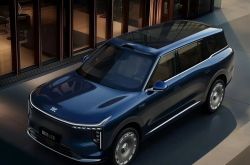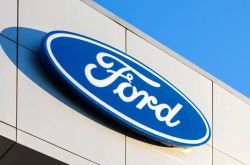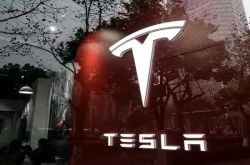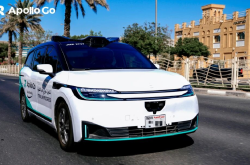Why is Geely Privatizing Zeekr Just One Year After Its Listing?
![]() 05/08 2025
05/08 2025
![]() 538
538
Geely's strategic adjustments continue apace.
On May 7, Geely Auto announced its intention to acquire all outstanding shares of Zeekr at a proposed price of US$2.57 per share or US$25.66 per American Depositary Share, marking a premium of roughly 13.6% over the last closing price.
Should this acquisition succeed, Zeekr will fully merge with Geely Auto, resulting in its privatization and delisting from the New York Stock Exchange.
Zeekr was initially issued at US$21 on May 10, 2024, and closed its first trading day at US$28.26, reflecting a 34.57% increase.
The question arises: why is Geely privatizing Zeekr less than a year after its listing?
01
Further Strategic Integration?
Li Shufu, chairman of Geely Holding Group, provided the following rationale for Zeekr's privatization:
"Amidst fierce market competition and an increasingly complex economic landscape, we will assess the situation and adhere to the 'Taizhou Declaration' to continually advance the integration of our automotive business, reuniting under a single Geely banner. This will allow us to consolidate technological advantages, enhance innovation and profitability, continuously generate long-term value, and establish a globally preeminent smart electric vehicle group. Simultaneously, we will maintain close communication and cooperation with the US and international capital markets."
The 'Taizhou Declaration,' introduced by Li Shufu in September of last year, signaled the formal commencement of a new strategic transformation phase encompassing five key initiatives: 'strategic focus, strategic integration, strategic synergy, strategic robustness, and strategic talent.'
This approach is straightforward:
The domestic new energy vehicle market is growing increasingly competitive. While a 'multi-brand' strategy remains effective, large corporations can indeed achieve cost reductions and efficiency gains through the integration of supply chains, research and development, production, and talent pools.
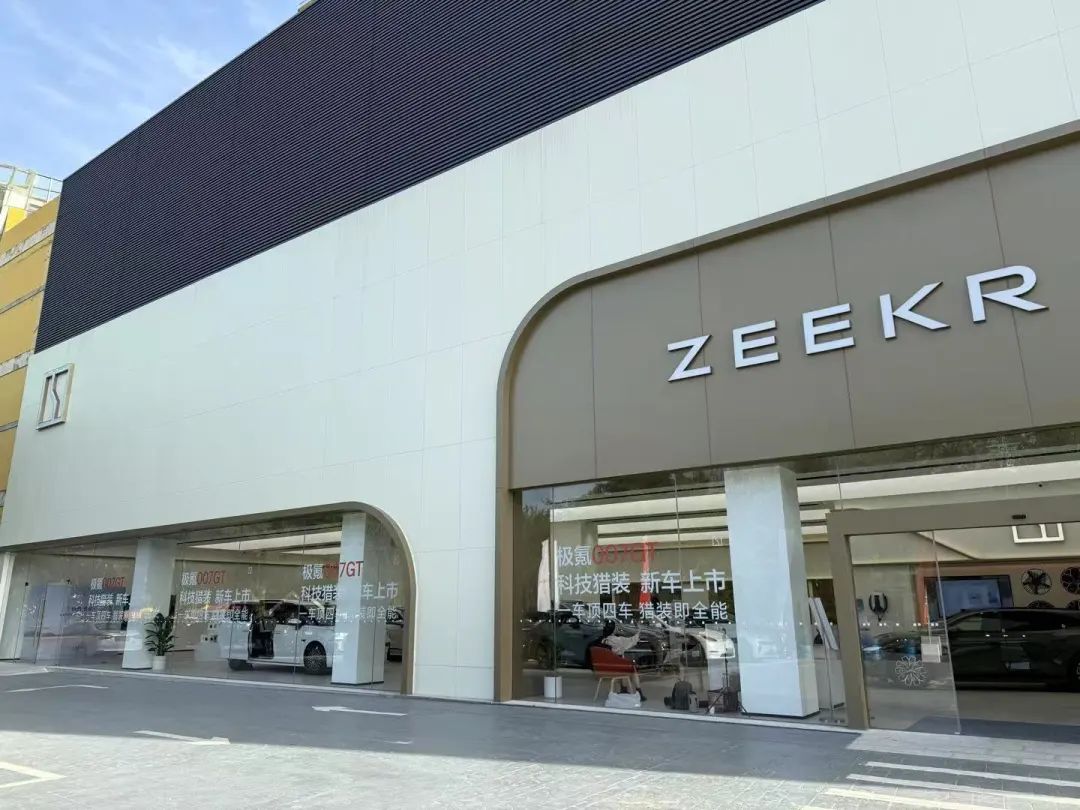
Source: Photo by Heibanjun
Pursuant to the 'Taizhou Declaration,' Geely Geometry, LEVC, and Radar have been amalgamated into Geely Galaxy, the battery business has been consolidated to form Geely Brightway, and Zeekr has merged with Lynk & Co. to create the Zeekr Technology Group.
The integration within the Zeekr Technology Group has also progressed swiftly.
The strategic integration was announced in November 2024, and Zeekr completed the acquisition and capital injection into Lynk & Co. three months later, making Lynk & Co. a non-wholly-owned subsidiary of Zeekr, with Zeekr holding 51% equity and Geely holding 49%.
Concurrently, there were significant changes in senior management.
An Conghui serves as president of Geely Holding Group and CEO of Zeekr Technology Group; Liu Xiangyang is vice president of Zeekr Technology Group and CEO of the Lynk & Co. brand; Lin Jie is vice president of Zeekr Technology Group and director of the User Committee, while Lin Jinwen also holds the position of vice president. Yuan Jing and Guan Haitao serve as CFO and CBO of Zeekr Technology Group, respectively.
It's worth noting that another adjustment in senior management occurred on May 4.
Lin Jie now oversees the overall domestic marketing, sales, and service of the Zeekr brand, directly managing the Brand Marketing Center, User Growth Center, and User Delivery Center. Lin Jinwen will directly manage the User Service Center, User Network Center, User Digitalization, Operations, and Processes, assisting Lin Jie in managing Zeekr's domestic marketing services and reporting to him.
Why are Zeekr's adjustments occurring so frequently?
02
Market Competition and Sales Pressure
Zeekr's adjustments need to be examined from two perspectives:
Firstly, Zeekr's adjustments are tied to Geely Group's strategic resource integration efforts.
Secondly, the direct reason for adjusting senior management responsibilities twice in three months may be linked to declining sales figures.
Last month, Zeekr Technology Group sold 41,316 vehicles, representing a year-on-year increase of 18.7% and a monthly increase of 1.5%.
However, a closer examination of sales data reveals that the Lynk & Co. brand sold 27,589 vehicles in April, marking a year-on-year increase of 47% and a monthly increase of 9%.
In contrast, Zeekr sold 13,727 vehicles in April, experiencing a year-on-year decrease of nearly 15% and a monthly decrease of 11%.
According to plans, Zeekr Technology Group aims to sell 790,000 vehicles in 2025, with the Lynk & Co. brand targeting 390,000 vehicles and the Zeekr brand aiming for 320,000 vehicles.
Currently, the Lynk & Co. brand has sold 100,197 vehicles from January to April, achieving 25.7% of its annual sales target. Conversely, the Zeekr brand has sold only 55,000 vehicles during the same period, fulfilling only 17.2% of its annual sales target.
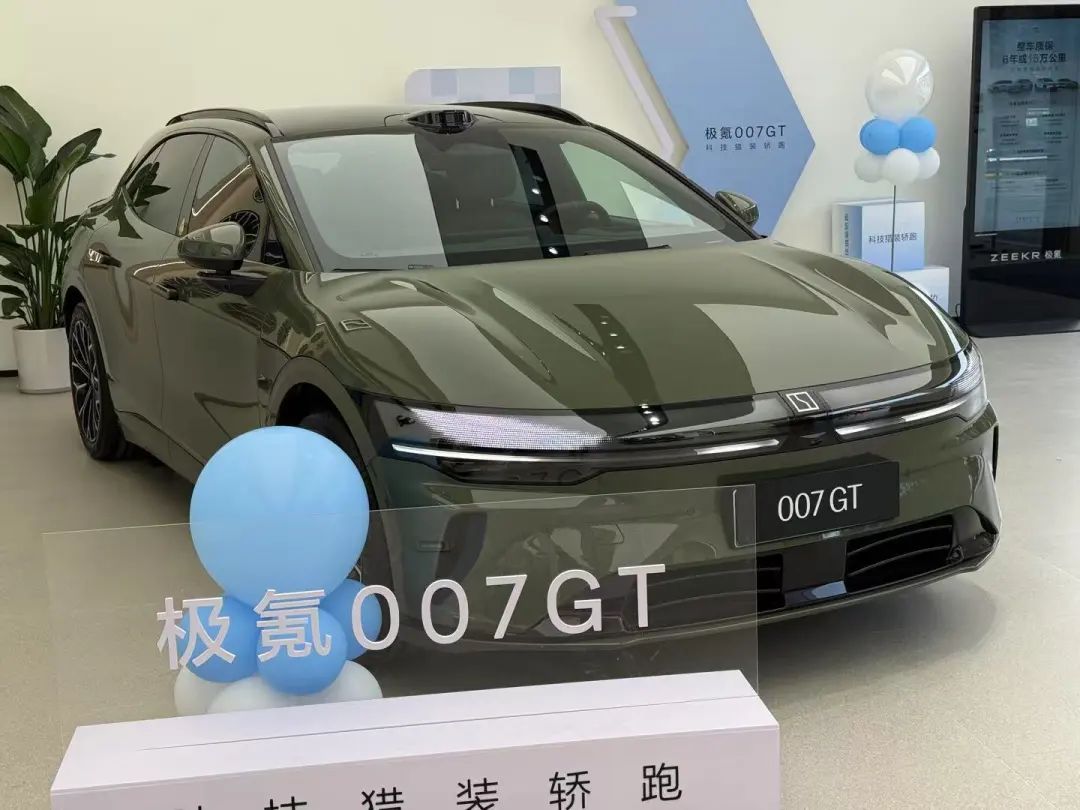
Source: Photo by Heibanjun
On April 15, the Zeekr 007GT, a high-volume model with high expectations, was launched with a starting price of US$19,990, but specific sales figures have yet to be announced.
In contrast, the Lynk & Co. 900, priced starting at US$28,990 and launched on April 28, received over 10,000 pre-orders within an hour.
Perhaps due to this disparity, following the release of April sales figures, Lin Jie was entrusted with additional responsibility for overseeing Zeekr's overall marketing services.
Lin Jie, a Geely veteran who has served as general manager of Lynk & Co. Sales since 2018, has led the brand's continuous sales growth, surpassing 285,000 vehicles in 2024 and maintaining strong performance so far in 2025.
Next, the Zeekr 9X, positioned above the Lynk & Co. 900, is set to be launched in the third quarter. How to further unleash sales potential has become a core priority for the Zeekr Group, which is deepening its integration into the Geely system.
03
Possibility of Returning to A-share or Hong Kong Stock Market Listing
It's noteworthy that there's a potential for Zeekr to return to the A-share or Hong Kong stock market for listing.
On May 7, Wu Qing, chairman of the China Securities Regulatory Commission, stated that conditions would be created to support high-quality Chinese companies listed in the US to return to mainland and Hong Kong stock markets.
Given the current Sino-US situation, Chinese companies listed in the US may encounter unforeseen challenges.
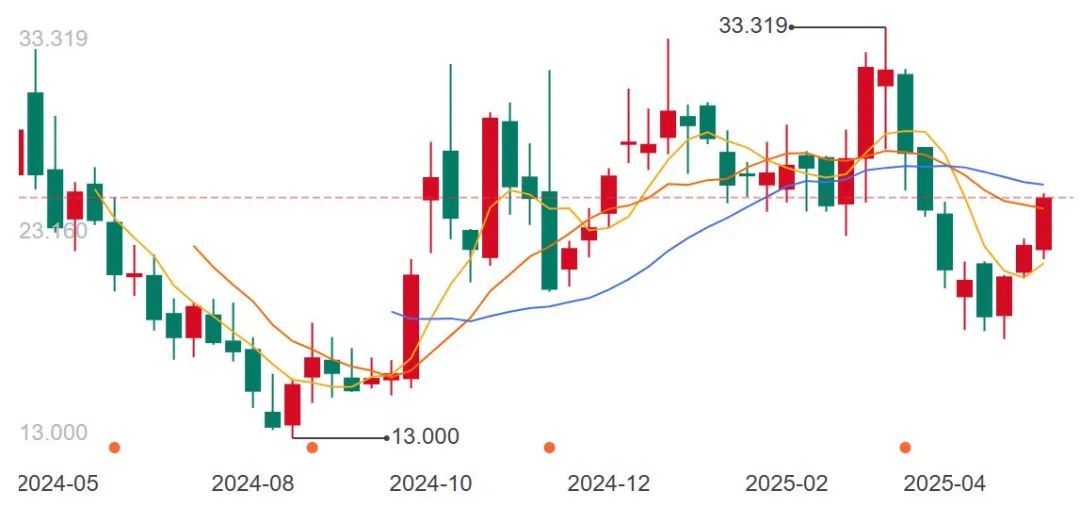
Source: Baidu Stock Market
In particular, in April, the US responded to the question of potential Chinese company delistings from the US stock market by saying, "In tariff negotiations, all policy options are possible."
Furthermore, in mid-April, Hong Kong's Financial Secretary Paul Chan remarked that if Chinese companies listed overseas wish to return, Hong Kong must become their preferred listing destination.
Of course, these are merely speculations.
While emphasizing the need to 'return to a single Geely,' Li Shufu has investments in nine listed companies, including Geely Auto, Volvo, Polestar, Ecarx, Qianjiang Motorcycle, Hanma Technology, Lotus, Lifan Technology, and the soon-to-be-delisted Zeekr.
On April 30, Cao Cao Mobility once again submitted its prospectus to the Hong Kong Stock Exchange, and if approved, it could become Li Shufu's 10th listed company.
Integrating resources within the company does not conflict with external listing and financing, as long as asset management is well-organized and related transactions are transparent.
Recently, the Zeekr smart cockpit team was merged into Geely Group's Central Research Institute.
According to 36Kr, Zeekr and Lotus have begun sharing a set of autonomous driving hardware. Additionally, there is ongoing integration in areas such as platform architecture, batteries, and staffing.
In this context, the various listed companies under Li Shufu can still engage in strategic integration, while different entities under his umbrella can also be listed individually to raise funds and develop more targeted strategies.
Will Zeekr, which has garnered significant external attention, be able to reverse its current sales trajectory amidst this major strategic integration adjustment?


